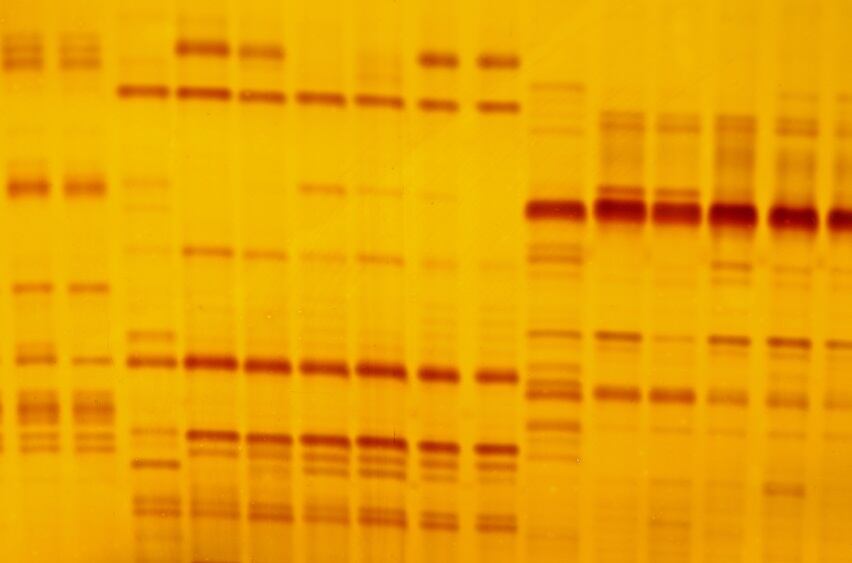GNC recently announced that, after four separate rounds of testing, its Herbal Plus product line meet all requirements for safety, quality, purity and proper labeling.
This was then followed by an announcement that it had reached an agreement with NY AG Eric Schneiderman that affirmed its Herbal Plus products meet FDA GMP requirements and thus validates their quality.
The agreement raised questions and criticism in the industry, with some stakeholders stating that the agreement gave credence to the notion that there was something wrong with these products on February 2, as well as incorporating the use of DNA barcoding for its Herbal Plus products (to confirm the authenticity of the "active" herbal/ botanical ingredients prior to extraction, and not the finished product, as it was used by the NY AG).
Letter
In his open letter to industry, GNC’s Mike Archbold, wrote: “There have been a number of questions about what the agreement means and why we chose to take on new testing even after our test results and the NYAG’s findings demonstrated that our products were fully compliant with all applicable regulations.
“Our assessment was quite simple. A protracted battle to establish what we already knew and what the NYAG has now confirmed – that our products are pure, safe and fully compliant with applicable regulatory requirements – would have been, at best, counterproductive.”
Archbold goes on to state that the “NYAG found no evidence in the course of its investigation that GNC deviated from the federal Food and Drug Administration ("FDA") "Current Good Manufacturing Practices" ("cGMPs") rules…”

Regarding DNA barcode testing, Archbold writes: “Even noted critics of our industry agree that the use of DNA barcode testing on finished extract products – as performed by the NYAG – is not appropriate. However, DNA barcode testing may someday play a role in the identity testing of some source materials earlier in the production process […] GNC has agreed to devote resources to advance this new technology in a scientifically valid way.
“To be clear, we have agreed to implement source material standards that utilize DNA barcode testing to confirm the authenticity of the ‘active’ herbal/botanical ingredients prior to extraction, complementing existing validated testing performed at subsequent stages of the supply chain. And random testing for allergens not only assures the integrity of the supply chain but also acts as additional validation of existing quality systems.
“DNA barcode testing is one appropriate test for identity, but it will not replace current testing. It will be duplicative of, and in addition to, the robust testing we already conduct on our herbal supplement products.
“As an industry, we should embrace, not fear, novel testing methods that provide additional opportunities to build consumer trust. We are proud of the trust we have earned from our customers and remain unwavering in our commitment to maintaining that trust every day.”
To read the full letter, please click here:
Herbal supplements probe
New York Attorney General Eric Schneiderman publicly launched his investigation on February 2 with cease and desist letters to four major retailers – GNC, Target, Walgreens, and Walmart – after DNA barcoding tests found 79% of the products tested did not contain the labeled substance or contained other non-listed ingredients.
As reported by NutraIngredients-USA in 2013, DNA barcoding offers a lot of potential for botanical testing, and is incredibly reliable, but only when performed on appropriate material. However, botanical extracts are particularly problematic because, while some extracts may contain DNA, it is often of low quality or degraded to a point that makes it impossible to perform proper authentication.
The company subsequently subjected its products to a fourth round of testing by an independent third-party laboratory and reviewed by an independent expert. GNC has shared the results of the third party tests with the AG.

